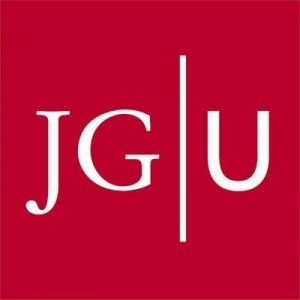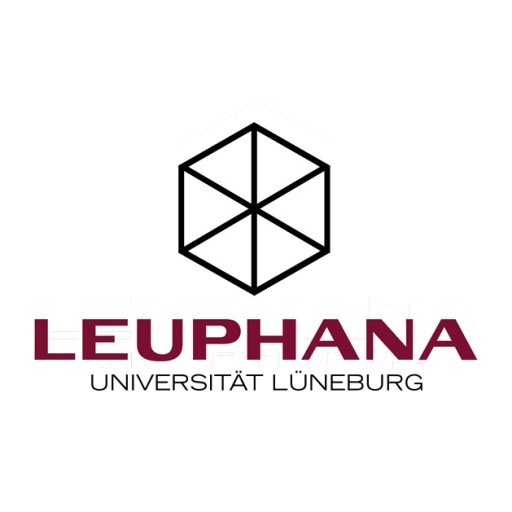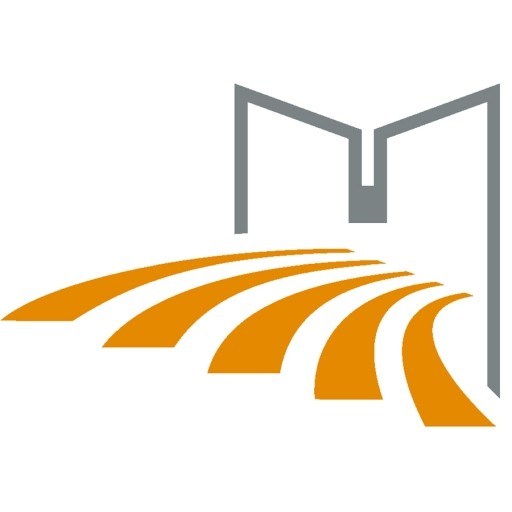Photos of university / #unimainz
International Economics and Public Policy at Johannes Gutenberg University Mainz offers students a comprehensive understanding of global economic systems and the policymaking processes that shape them. This interdisciplinary program combines rigorous training in economic theory, quantitative methods, and public policy analysis, preparing graduates for challenging roles in government institutions, international organizations, research institutes, and the private sector. The curriculum covers essential topics such as international trade, monetary policy, economic development, public finance, and governance, fostering a deep understanding of the complex interactions between economics and politics on both national and global levels. Students have the opportunity to engage in practical projects, internships, and research work, enhancing their ability to analyze and solve real-world problems. The program emphasizes critical thinking, data analysis skills, and policy evaluation techniques, enabling graduates to contribute effectively to economic policymaking and strategic decision-making processes. With a strong emphasis on international perspectives and comparative analysis, students are prepared to navigate the challenges of globalization and contribute to sustainable development and social equity. The faculty comprises experienced professors and researchers dedicated to delivering high-quality education and innovative research. The program is designed for students interested in understanding the mechanisms of economic policy and developing solutions to contemporary issues such as inequality, climate change, and financial stability. Graduates will be equipped with a solid theoretical foundation, practical skills, and an international outlook, opening doors to careers in academia, government agencies, NGOs, international organizations, and consulting firms. The university provides a vibrant academic environment supported by modern facilities and a multicultural campus, fostering an enriching learning experience. Ultimately, the International Economics and Public Policy program aims to develop informed, analytical, and responsible policymakers and economists who can contribute effectively to shaping a better economic and social future worldwide.
Educational organisation
The Master's programme in International Economics and Public Policy (MIEPP) consists of three major components: core modules, elective modules, and the Master's thesis with a research colloquium.Students commencing studies in the winter semester start by attending mandatory courses that review and deepen basic concepts and methods in international trade, development economics, public economics, and macroeconomics. During the second and third semesters, they specialise in either International Economics or Public Policy, selecting from a broad menu of courses that range from international macroeconomics and finance to labour and behavioural economics. Students commencing studies in the summer semester start by attending elective modules in their first semester and attend the mandatory core modules in their second semester.
All courses have a strong focus on policy issues and empirical applications. The last semester is reserved for a Master's thesis, in which students document their ability to competently analyse a topical research question.
Study abroad unit(s)
Study abroad units are not mandatory, but cooperation with several foreign universities facilitate a semester abroad (see: http://erasmus.wiwi.uni-mainz.de/).Internships
An internship is not a mandatory part of the programme, but students will be supported in their search for intern positions in private companies and public institutions.Forms of assessment
Written exams: approx. 60 ECTSTerm papers and presentations: approx. 30 ECTS
Master's thesis: 25 ECTS
Defence: 5 ECTS









